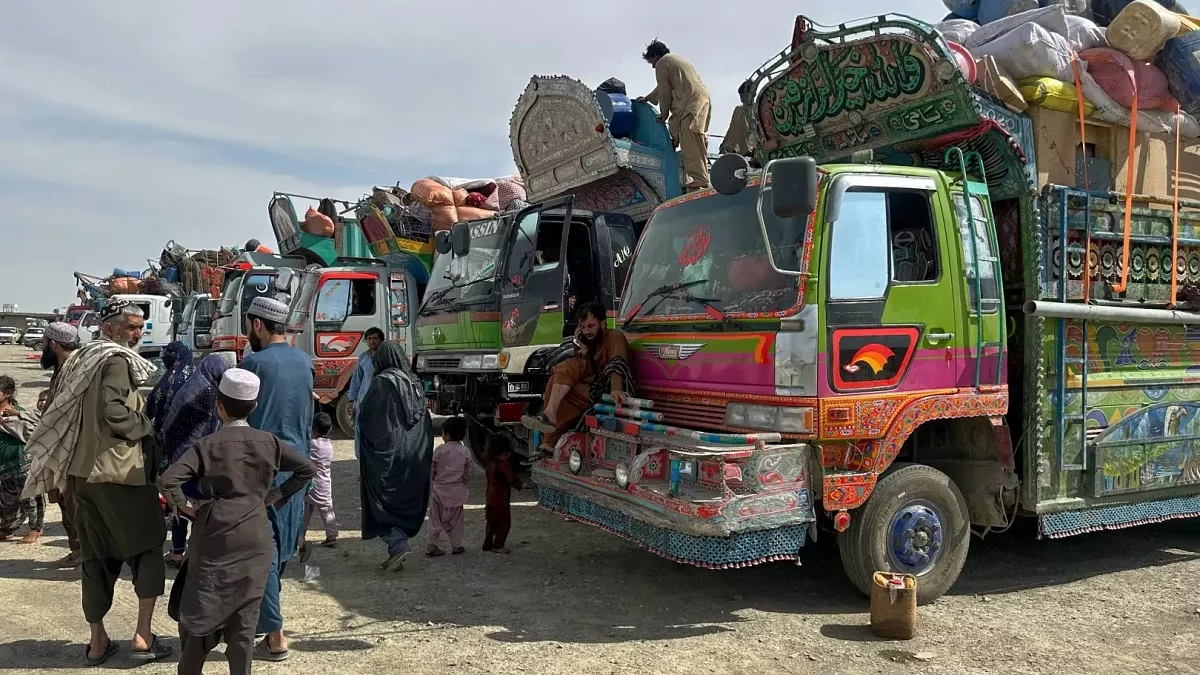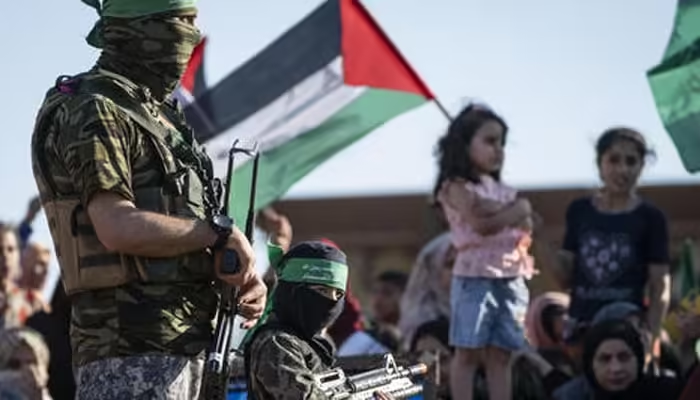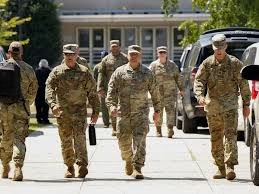Habiba, a 31-year-old Afghan woman, was just weeks away from completing her master’s degree in engineering in Iran when she was deported in July. Forced to return to Afghanistan with only her laptop and documents, she is one of hundreds of thousands expelled as Iran intensified deportations of Afghan nationals in the aftermath of its conflict with Israel.
“I was so close,” she told Reuters at the Islam Qala border crossing. With her thesis nearly complete, Habiba now finds herself back in a country where women are banned from higher education.
According to the UNHCR, nearly 700,000 Afghans have been deported from Iran since June. Iranian authorities claim the deportations were due to security and resource concerns, stating that most of those expelled were undocumented and left voluntarily. However, aid groups and returnees say many had legal documentation and were forced out with little warning.
An advisor to Iran’s Interior Ministry said that about 2 million Afghans with temporary census cards were ordered to leave by July, and another 2.1 million had no papers. Iranian officials have denied widespread claims of espionage and downplayed mistreatment, although deportees tell a different story.
Some Afghan returnees reported arriving at the border after days without food or water. Many said they were unable to retrieve wages or belongings before being expelled. Despite official claims that deportations were carried out with “respect and dignity,” numerous accounts describe beatings, detention without due process, and family separations.
Rahela, a 37-year-old makeup artist and single mother, had built a life in Tehran. Back in Herat with her two daughters, she now finds herself confined under Taliban rules that ban women from most jobs and require a male guardian to travel.
“I have no helper and no male guardian,” she said. “There’s no future for us here.”
Men, too, face grim realities. Rahim Uzbek, 59, was deported without his family and now lives in a mosque near the border. He lost his advance rent payment in Iran and has no shelter or savings.
Mansoor Ahmad, 21, a metalworker from Kabul, said he was beaten and placed in solitary confinement before being expelled. Bruises on his back supported his claim.
Iran denies systemic abuse, and its envoy in Kabul acknowledged only that “some may be unhappy” with how they were treated. Yet the scale of deportations — which surged to over 30,000 per day during the June conflict — has overwhelmed Afghan authorities and aid workers.
Despite discrimination and economic hardship in Iran, many Afghans say they preferred the relative stability there — especially for women, who had access to work and education.
“The situation in Iran was very difficult,” Rahela said. “But at least there was security and work.”



